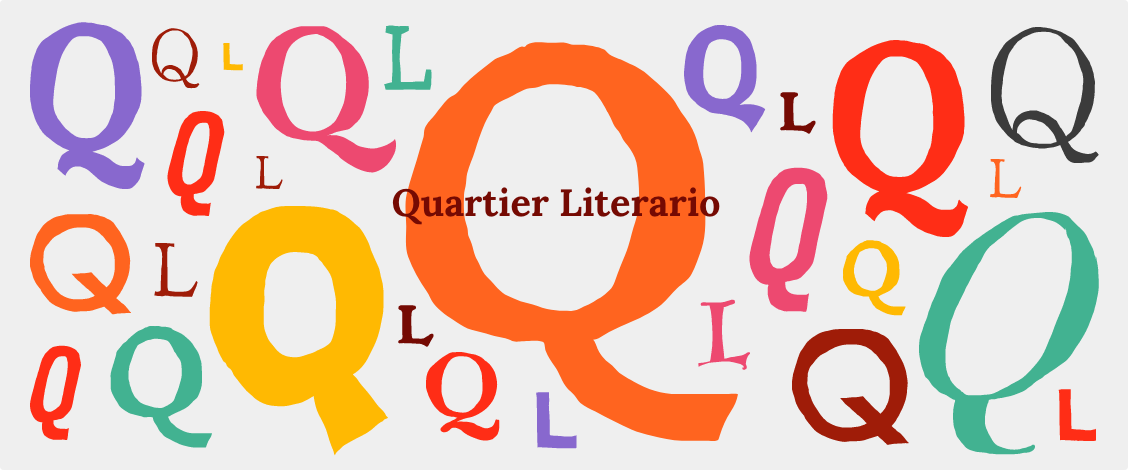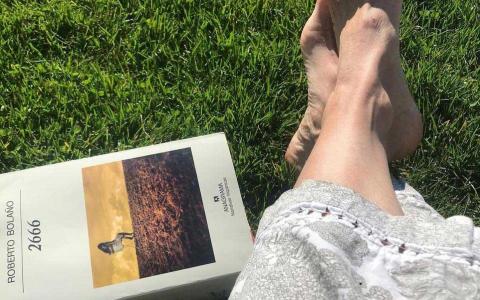
Combien de Quichottes aurions-nous aujourd'hui ?
Aventures d'un atelier
Il y a ceux qui croient aux ateliers littéraires et ceux qui n'y croient pas. Je me souviens que lors d'un de ses voyages à La Havane en 2003 - après avoir combattu avec la révolution en raison de l'exécution de trois jeunes hommes qui tentaient de détourner un bateau pour rejoindre la côte de Floride - l'écrivain José Saramago a été invité à Cuba pour donner une série de conférences et présente l'édition cubaine de L'Évangile selon Jésus-Christ. De retour au bercail, c'était la réconciliation parfaite.
J'étais présent à l'une de ces réunions tenues au Centre de formation littéraire Onelio Jorge Cardoso. Lorsqu'un jeune apprenti lui a demandé si l'auteur primé croyait ou non aux ateliers littéraires, le vieil homme a répondu sans détour : « Je ne crois pas aux ateliers littéraires ! Pour défendre son jugement, il a mentionné le fait que ni Cervantes ni Quevedo n'avaient assisté à des ateliers littéraires. Le jeune homme ni petit ni paresseux, blessé dans sa foi, l'interpelle en lui demandant combien il y aurait de Cervantes si la monarchie avait été donnée pour irriguer la péninsule avec eux. Combien de Quichottes aurions-nous aujourd'hui ? A partir de ce moment, il n'y eut plus de conversation ou quoi que ce soit. Le Centre Onelio Jorge Cardoso contre José Saramago. Un débat stérile, mais que l'auteur a semblé apprécier.
Je suis d'avis que les ateliers ne forment pas des écrivains comme les académies forment des musiciens, des artistes ou des comédiens. Personne qui réussit un atelier littéraire, qu'il soit narratif ou poétique, ne deviendra écrivain. Pour être écrivain, il faut quelque chose de plus. Quelque chose à vous. Un talent spécial que vous possédez ou non.
Cependant, les ateliers sont utiles. Doublement utile, je dirais par expérience.
Connaître les techniques narratives - oui, celles que nous utilisons instinctivement depuis l'époque des cavernes jusqu'à aujourd'hui pour raconter une histoire - facilite d'innombrables ressources inestimables liées à l'écriture. En être conscients est une valeur ajoutée pour soutenir les talents. Le candidat sera mieux préparé à relever les défis de la fiction.
Sans oublier que ce savoir, comme expérience critique, permet une approche plus active de la lecture. Contrairement à un simple lecteur, qui connaît les techniques narratives avec une certaine profondeur, abordera la lecture à partir de points de vue inhabituels, et en fera une expérience plus enrichissante.
Depuis l'espace Quartier Literario, nous mettrons à l'attention des lecteurs des pièces narratives générées par l'atelier littéraire enseigné à Legados ─ un institut visant à enseigner l'espagnol à travers les arts et les cultures latino-américaines. Ce sont des histoires créées à partir d'exercices et de situations qui agissent comme des déclencheurs d'histoires possibles. La thématique est variée, allant de l'érotisme à la pandémie actuelle, en passant par la science-fiction, la terreur, la religion, le fantastique. Les histoires sont également abordées dans des tons et des registres différents, explorant l'humour, le parodique, le tragique par moments.
Travailler avec les membres de l'atelier a été un échange extrêmement enrichissant. Chaque histoire lue ici a fait l'objet d'un débat houleux parmi les participants à l'atelier. Chacune de ces histoires doit être lue pour ce qu'elle était : la fête et l'exorcisme.
Francisco García González
Montreal, julio de 2021
